A Northrop Grumman Antares rocket, with the Cygnus spacecraft Sally Ride aboard (so named for first American woman to fly in space), launched at 5:32 a.m. EST on November 7, from NASA's Wallops Flight Facility in Virginia. The rocket is captured just after liftoff in this still image from NASA’s live broadcast of the event.
Seeds from the joint laboratories of the International Atomic Energy Agency and the Food and Agriculture Organization of the United Nations (FAO) are onboard a Cygnus spacecraft launched from NASA’s Wallops Flight Facility in Virginia early on November 7. Now orbiting the Earth en route to the International Space Station, the seeds are part of a commercial resupply mission with a payload that includes resources to support more than 250 scientific investigations.
Plastic waste on a Galapagos beach. Sunlight, wind, and waves break down large plastic debris into smaller and smaller pieces to become microplastics. (Photo: F. Oberhaensli/IAEA)
The International Atomic Energy Agency has created a new program, NUclear TEChnology for Controlling Plastic Pollution (NUTEC Plastics), to address the global environmental impact of plastic pollution in oceans. It uses nuclear technology to monitor pollution and also to decrease the volume of plastic waste by using irradiation to complement traditional plastic recycling methods.


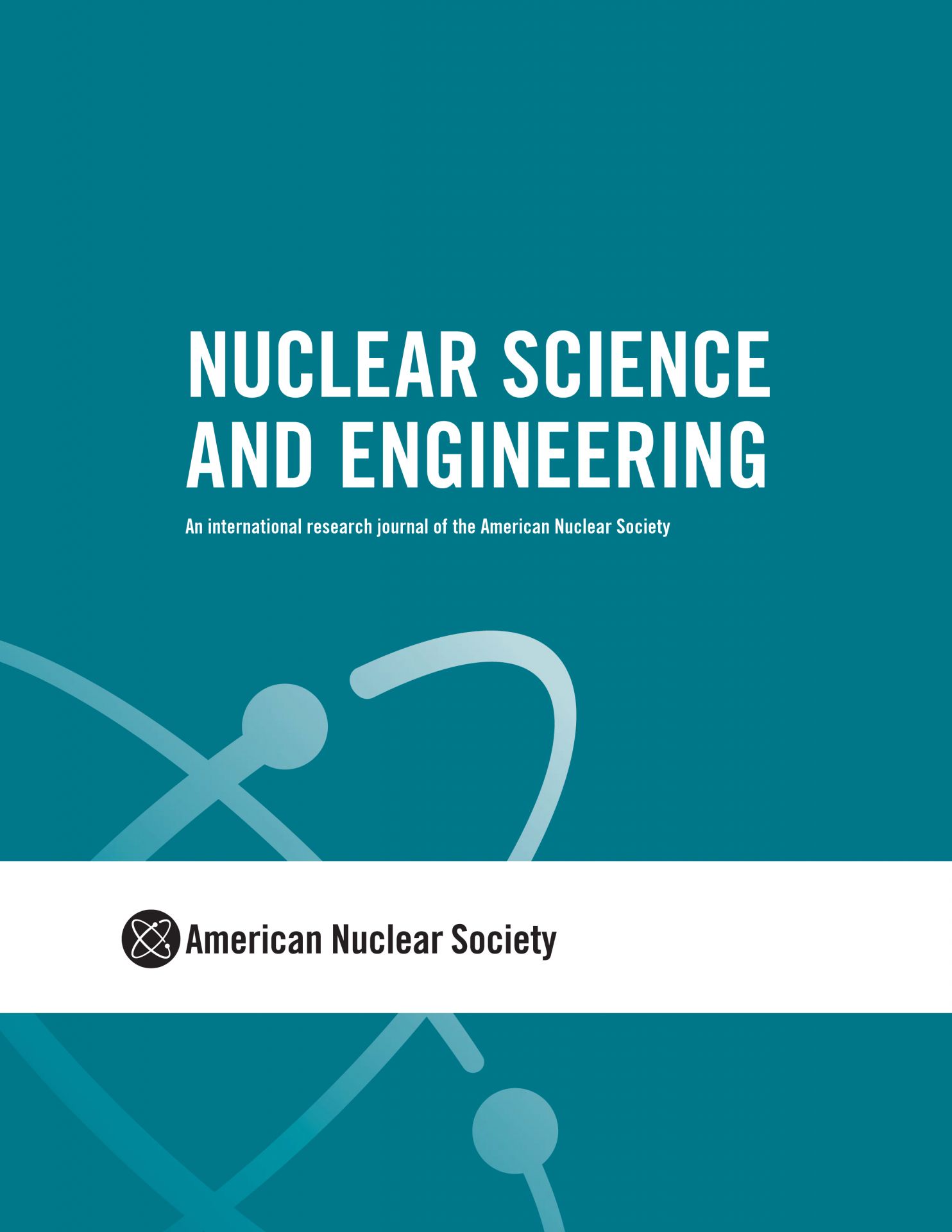 Two teams of guest editors from Idaho National Laboratory have announced plans for special issues of the American Nuclear Society's Nuclear Science and Engineering, the nuclear community’s longest-running technical journal. Abdalla Abou Jaoude and Abderrafi M. Ougouag are leading the NSE issue Technical Challenges and Opportunities in the Development and Deployment of Microreactors, while Joseph Nielsen and Piyush Sabharwall are organizing the NSE issue Irradiation Experiments Supporting Advanced Nuclear Technologies.
Two teams of guest editors from Idaho National Laboratory have announced plans for special issues of the American Nuclear Society's Nuclear Science and Engineering, the nuclear community’s longest-running technical journal. Abdalla Abou Jaoude and Abderrafi M. Ougouag are leading the NSE issue Technical Challenges and Opportunities in the Development and Deployment of Microreactors, while Joseph Nielsen and Piyush Sabharwall are organizing the NSE issue Irradiation Experiments Supporting Advanced Nuclear Technologies.
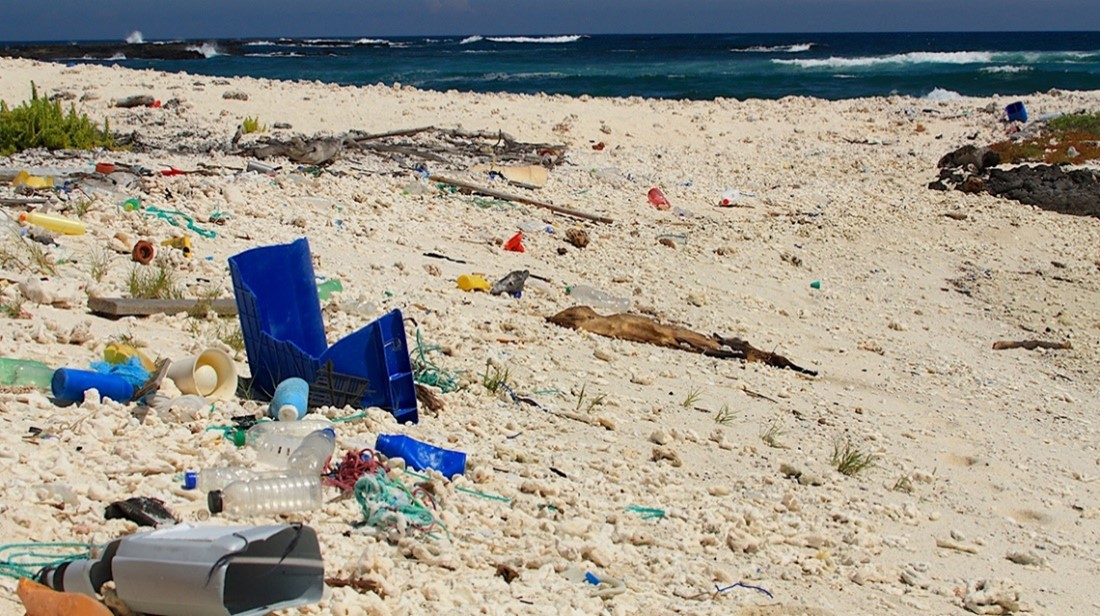
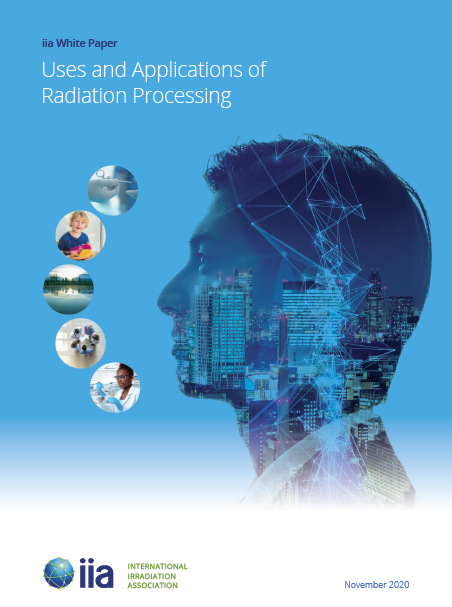 With input from the American Nuclear Society and other organizations, the
With input from the American Nuclear Society and other organizations, the 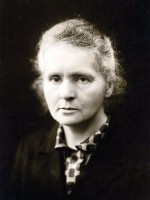 The start of Marie Curie's story isn't like most of the other scientists that had made a name for themselves throughout history, mostly because she was a grown woman by the start of the 20th century. But she was the first woman to do a lot of things, including getting a Ph.D. from a university in France, and winning a Nobel Prize. She was also the first person ever to win a Nobel Prize in two different fields of science. To say she pushed the societal and scientific boundaries of her era is an understatement.
The start of Marie Curie's story isn't like most of the other scientists that had made a name for themselves throughout history, mostly because she was a grown woman by the start of the 20th century. But she was the first woman to do a lot of things, including getting a Ph.D. from a university in France, and winning a Nobel Prize. She was also the first person ever to win a Nobel Prize in two different fields of science. To say she pushed the societal and scientific boundaries of her era is an understatement.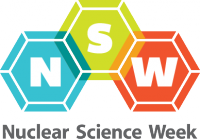
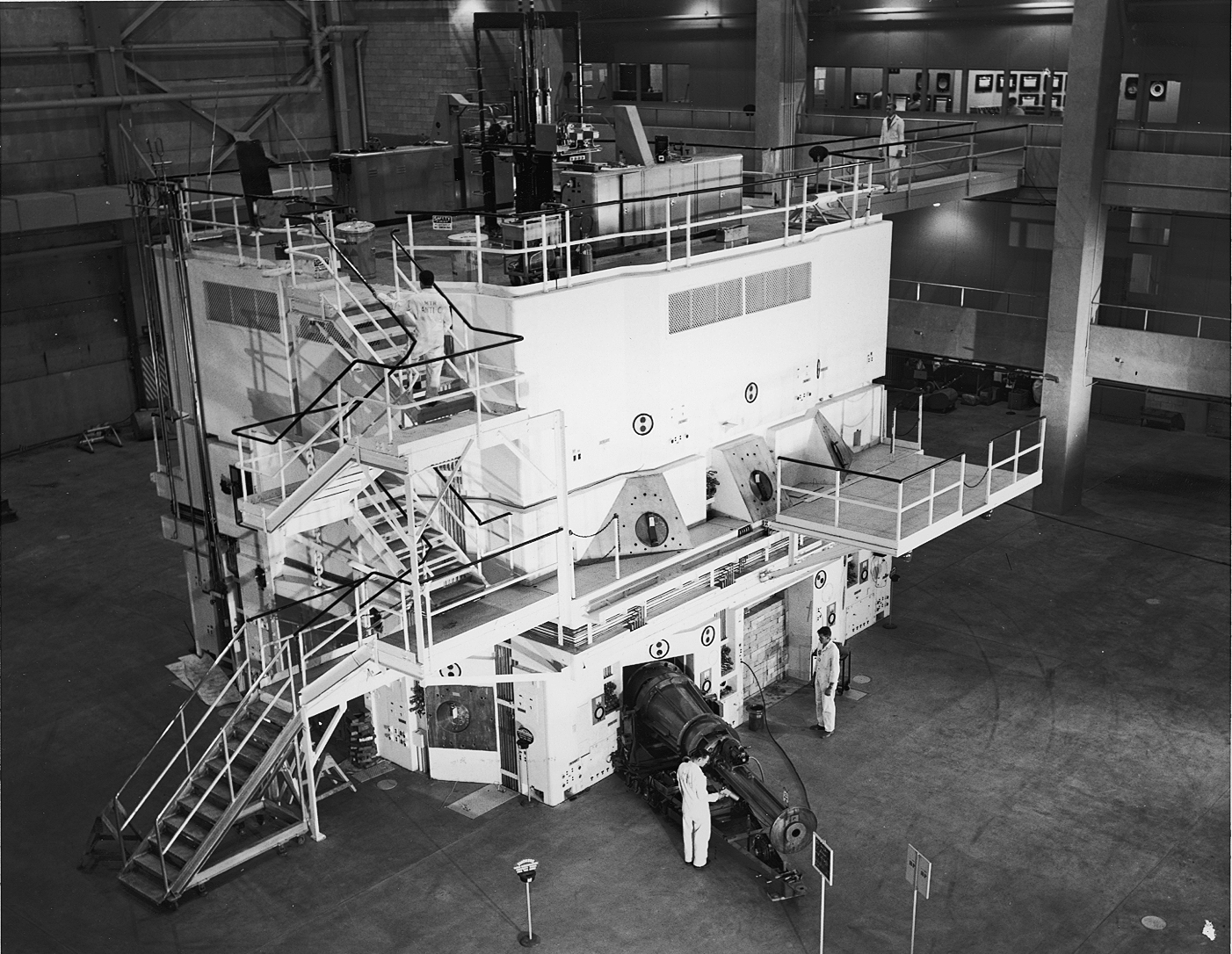
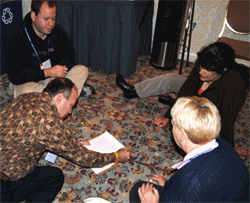

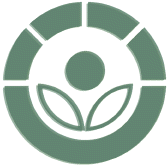
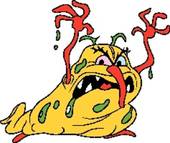 Let's talk about food irradiation, which has made some in the general public fearful simply because a form of the word "radiation" is involved. Irradiation is used to destroy harmful bacteria and parasites that might be inadvertently present in some food matter. Irradiation makes the food safer for human consumption and, at low levels, it extends food's shelf life and can be used to control insects.
Let's talk about food irradiation, which has made some in the general public fearful simply because a form of the word "radiation" is involved. Irradiation is used to destroy harmful bacteria and parasites that might be inadvertently present in some food matter. Irradiation makes the food safer for human consumption and, at low levels, it extends food's shelf life and can be used to control insects.